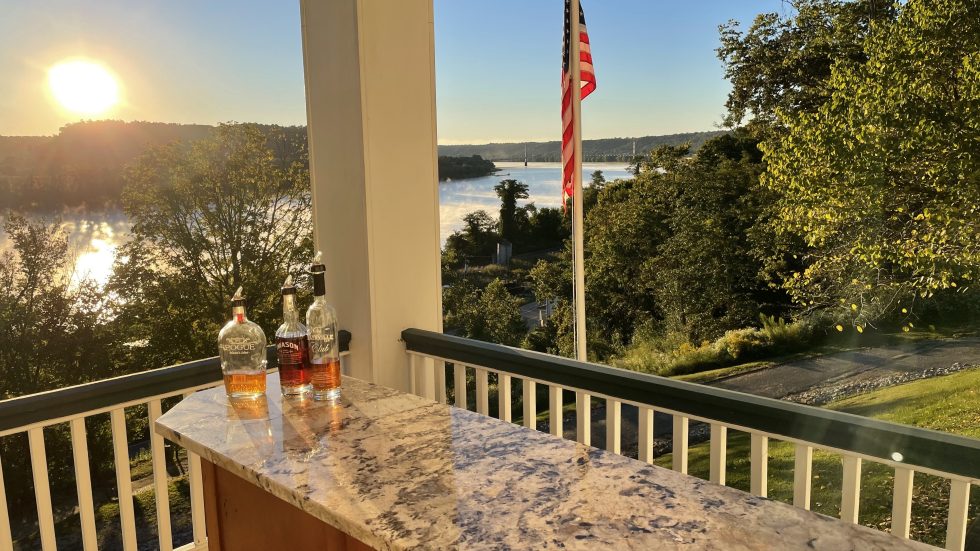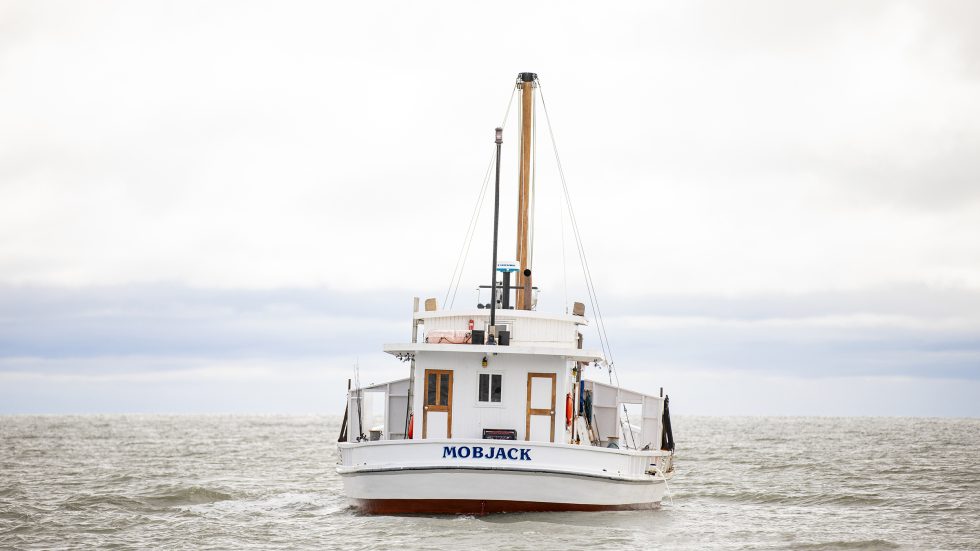West Marine announced the recipients of the company’s annual marine conservation grants, which are awarded to organizations working to improve and protect marine habitat.
The marine products retailer said the grants, which total $30,000, are a component of its BlueFuture initiative to help create a sustainable future.
The focus of this year’s awards is projects that enhance marine habitat, engage anglers in data collection and educate them about barotrauma.
The efforts of the 11 recipients are focused in California, Washington, New York, Louisiana, Florida, Texas, Georgia, North Carolina, Massachusetts, Michigan and Hawaii.
2014 West Marine conservation grants:
• National Marine Sanctuary “Classic” in California, Florida, Texas, Georgia, North Carolina, Washington, Massachusetts, Michigan and Hawaii, produced by The Sportfishing Conservancy. The funds will support a free summer-long fishing and photo contest in all of the National Marine Sanctuaries across the United States. The Classic highlights the fact that more than 95 percent of the National Marine Sanctuaries’ pristine waters encourage recreational fishing.
• Washington state — Puget Sound Anglers is an organization of anglers with the common goals of preserving, protecting and enhancing the sport fisheries of the state. The grant will be used to educate anglers in the identification of rockfish as well as the use of descenders. This allows for anglers to retain legally caught rockfish and return ESA-listed rockfish to depth, as well as unwanted bycatch. Primarily because of misidentification, many rockfish are released at the surface, becoming easy prey for sea birds. The clear identification and rapid descent of rockfish dramatically improves the survival of these deep-water species.
• Babylon, N.Y. — Suffolk Marine Anglers is a local fishing club with nearly 100 members. The funds will be used to hire guest speakers to educate anglers about best practices and barotrauma.
• Covington, La. — The Recreational Fisheries Research Institute’s mission is to manage fisheries, habitats and coastal restoration projects in Louisiana. The grant will support the Marine Sport Fish Tagging Program, which is a cooperative effort with the institute, CCA Louisiana and Louisiana State University. Anglers work to enhance fish populations with an angler-driven tag-and-recapture collection program.
• Jacksonville, Fla. — University of North Florida’s Coastal Biology Flagship Program is studying the impact of invasive lionfish in Florida’s coastal ecosystems, which serve as critically important juvenile nursery habitats for many ecologically and economically important native fishery species (valued at about $5 billion annually). The grant will be used to collaborate with local anglers to collect lionfish and effectively manage and control the invasive species.
• Gainesville, Fla. — Florida Sea Grant is a partnership among the Florida Board of Education, the National Oceanic and Atmospheric Administration and Florida’s citizens and local governments. The funds will be used to conduct five “barotrauma media tours” in which FSG will work with charter captains to take out members of the Florida Outdoor Writers Association and other journalists to learn about the proper use of fish-descending gear to safely return barotrauma-stricken reef fish to depth. Participants will be expected to use their trip as an opportunity to publish information about barotrauma and how anglers can help increase the survival rates of the fish they catch and release in deep waters.
• Stuart, Fla. — The mission of the Martin County Artificial Reef Fund is to continue the expansion of recreational boating and fishing through the creation of artificial reefs. Lionfish are invading the reefs, endangering native fish. The grant will be used for a Lionfish Round-Up to help protect the fisheries in Martin County.
• Davenport, Calif. — The Monterey Bay Salmon and Trout Project is dedicated to the recovery of the native salmon and steelhead populations of the greater Monterey Bay. Annually, 240,000 Chinook smolts are marked (fin clip) and vaccinated. The fish are then brought to the harbor by tanker trucks, acclimated to saltwater in the net pen and released after one week. Anglers are encouraged to fish, and California Department of Fish and Wildlife agents collect the data at the harbor landing from the salmon that were caught. Thousands of mature King salmon from this program are caught by anglers annually and this grant will help support the project.
• Santa Cruz, Calif. — The University of California, Santa Cruz, Carr Lab will use the funds to involve the recreational fishing community in the collection of genetic samples (fin clips) from adult fish. Through this cooperative work with the fishing community, the Carr Lab will share methods for catch-and-release that maximize fish survival, including the use of descending devices to minimize barotraumas.
• Concord, Calif. — Water4Fish Inc. is an advocacy organization that solicits public support for better California water management policies for the protection and enhancement of fish. Water4Fish periodically summarizes the data by legislator for use in educating legislators about their constituents and their support of fisheries.
• Honolulu, Hawaii — The University of Hawaii’s Hawaiian Moon Calendar Project addresses the decline of reef fish in Hawaii. The project works with fishing communities across the islands to determine spawning seasons, size and abundance of harvested reef fish in each community. This information is incorporated into local moon and tide calendars that are free for anglers and highlight fish-spawning seasons and sustainable fishing practices.
The grants are awarded through a formal application process in which organizations submit their proposal directly to West Marine. All applications are reviewed by the company’s Marine Conservation Action Team.
West Marine said that since 1994 it has donated more than $5 million to organizations that support youth boating, boating safety and the marine environment.



